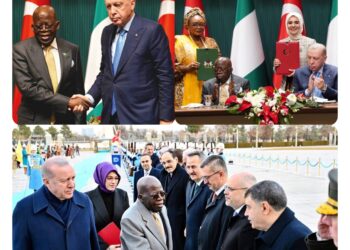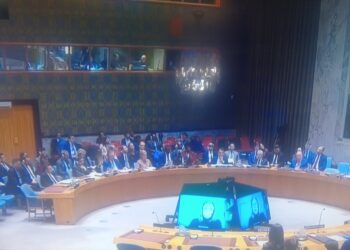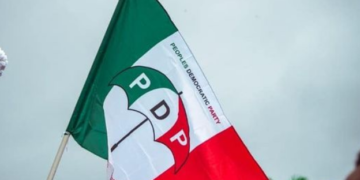Reports gathered by The Merit Newspaper international correspondents reveal that the ongoing conflict in Sudan continues to escalate, with devastating impacts on civilians. The Sudanese Armed Forces (SAF) and the paramilitary Rapid Support Forces (RSF) remain locked in fierce battles, as the war, which began in April 2023, shows no signs of abating.
Strategic Victory for Sudanese Military
In a significant development, the Sudanese military and allied forces recently recaptured the strategic city of Wad Medani, the capital of Gezira province, from RSF control. The RSF had seized the city in December 2023, using it as a stronghold and a refuge for displaced families during the early months of the conflict. The military’s victory is being viewed as a major setback for the RSF, whose leadership has been accused of genocide by the United States.
Ethnic Violence in Darfur
The situation in the Darfur region remains particularly dire, with ethnically targeted violence reported against non-Arab, darker-skinned communities. Survivors recount mass atrocities committed by RSF forces, with individuals subjected to systematic killings based on their ethnicity and linguistic identity. The U.S. has labeled the actions as genocide, accusing RSF Commander Mohamed Hamdan Dagalo of orchestrating the campaign.
Humanitarian Efforts and Challenges
Sudan’s humanitarian crisis continues to worsen, with over 14 million people displaced, making it the world’s largest displacement crisis. More than 26 million people face acute food insecurity, exacerbated by the destruction of agricultural systems and the collapse of essential infrastructure. Outbreaks of diseases like cholera have further compounded the challenges.
Amid the chaos, grassroots organizations known as Emergency Response Rooms (ERRs) have emerged as lifelines. These community-led initiatives provide food, shelter, trauma support, and educational opportunities to those in need, feeding an estimated 177,000 people daily. In the absence of international aid, these local efforts have become a beacon of hope for many.
Global Response and Concerns
The global response to the crisis has been criticized as inadequate. A United Nations appeal for $2.7 billion in humanitarian aid has only met half of its target. Observers warn that the conflict risks evolving into a proxy war, with foreign powers supporting different factions. The potential partition of Sudan could destabilize neighboring regions, leading to mass migration and the rise of armed extremist groups.
As the fighting intensifies, international communities and humanitarian agencies are being urged to increase their efforts to end the conflict and address the growing humanitarian needs. The fate of millions hangs in the balance as Sudan continues to grapple with one of the worst crises in its history.
Reports compiled by The Merit Newspaper international correspondents.

















